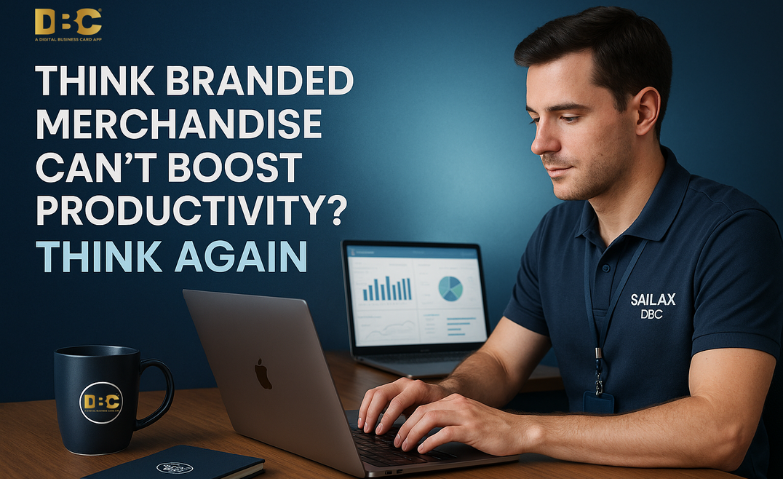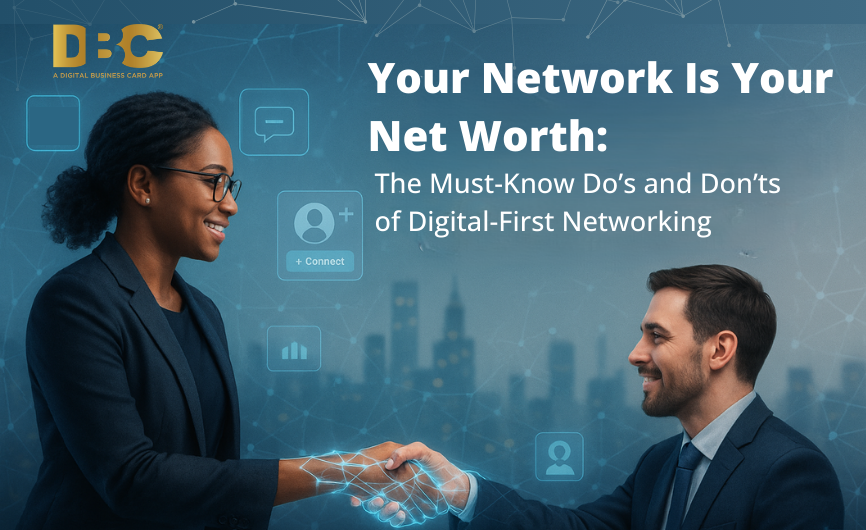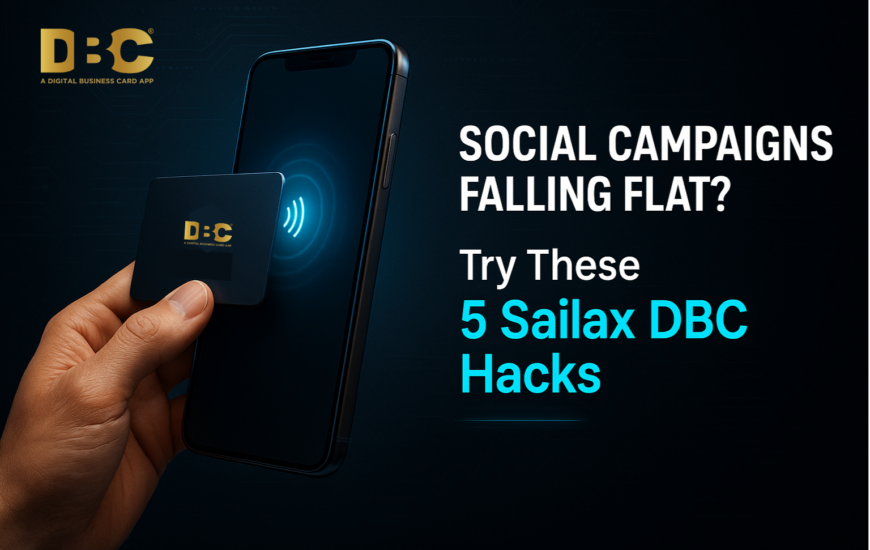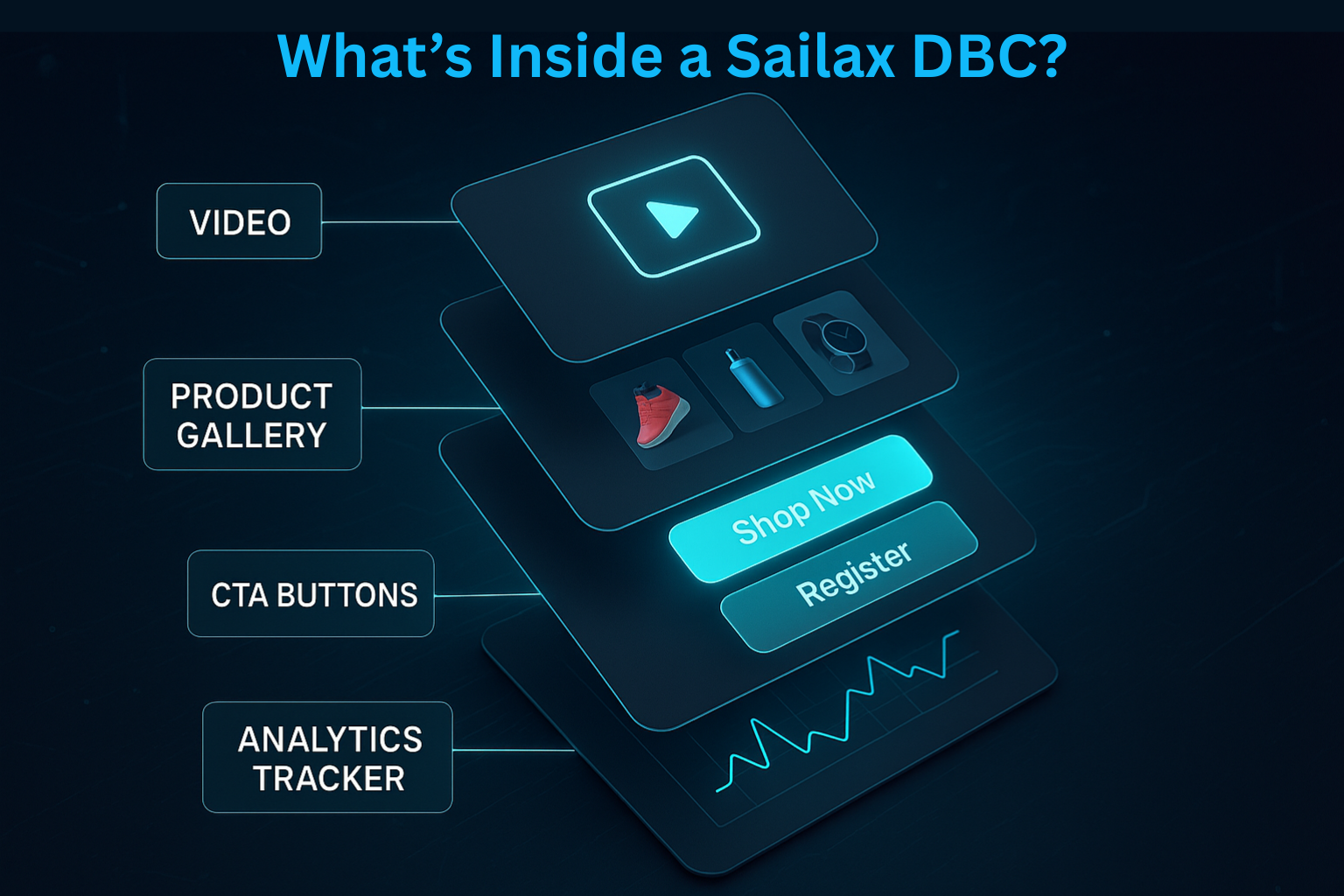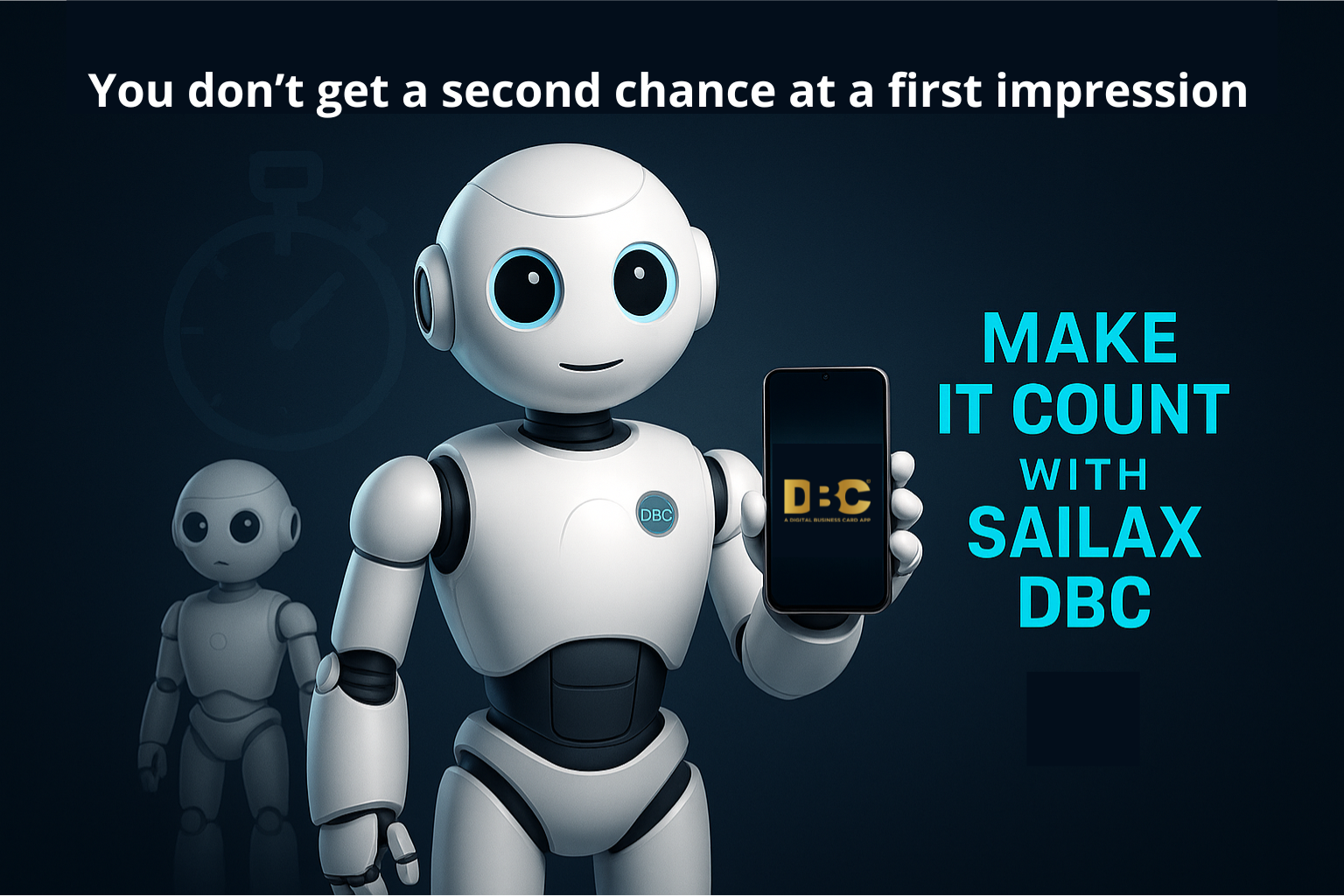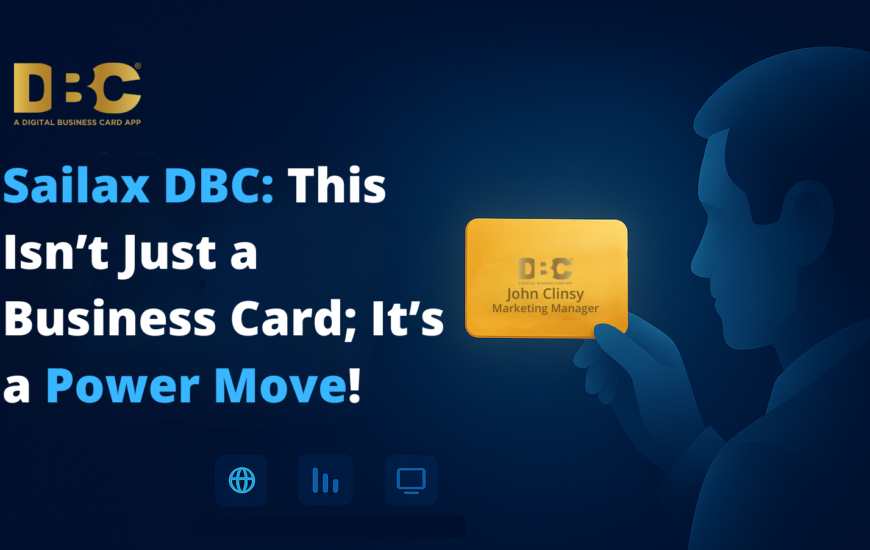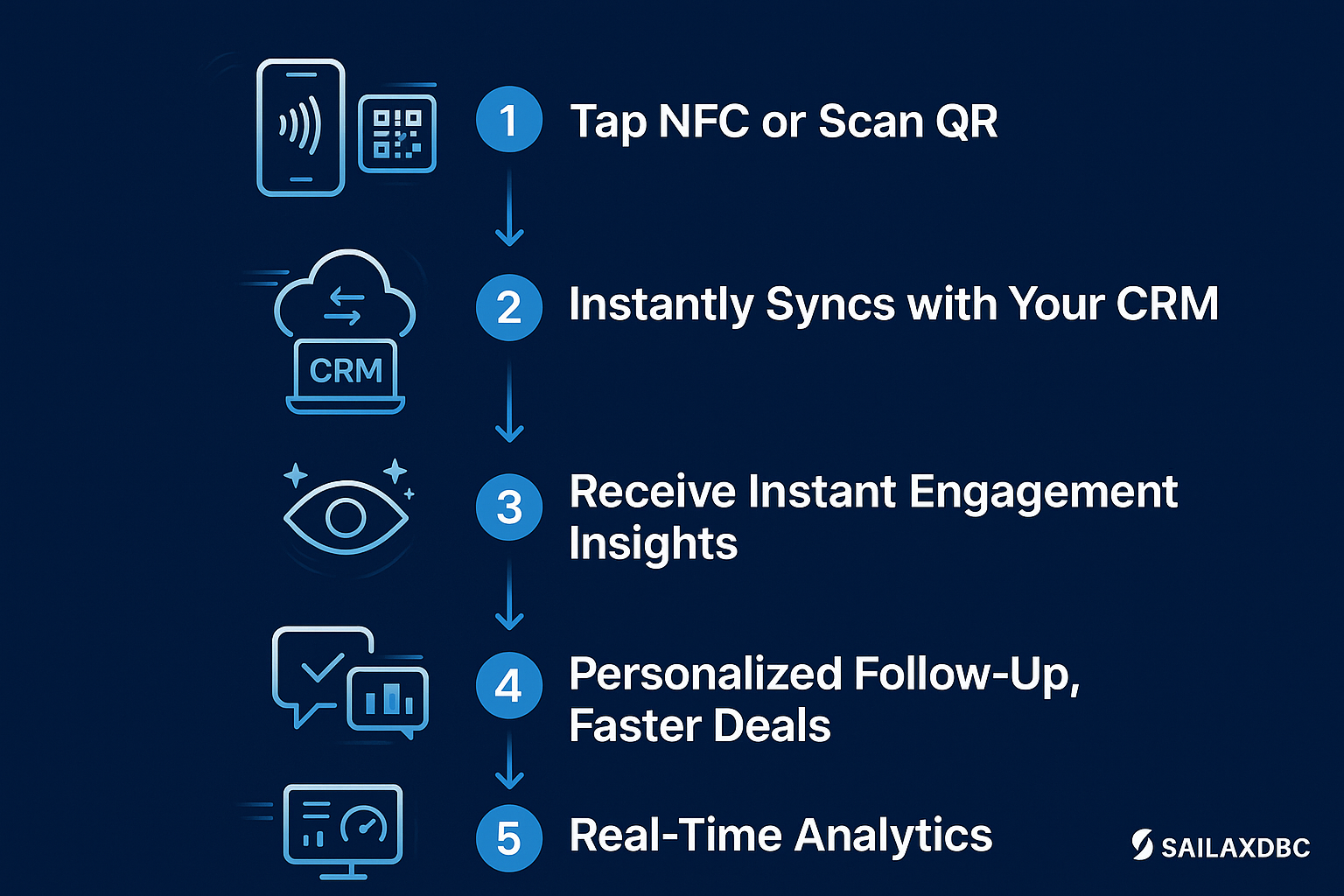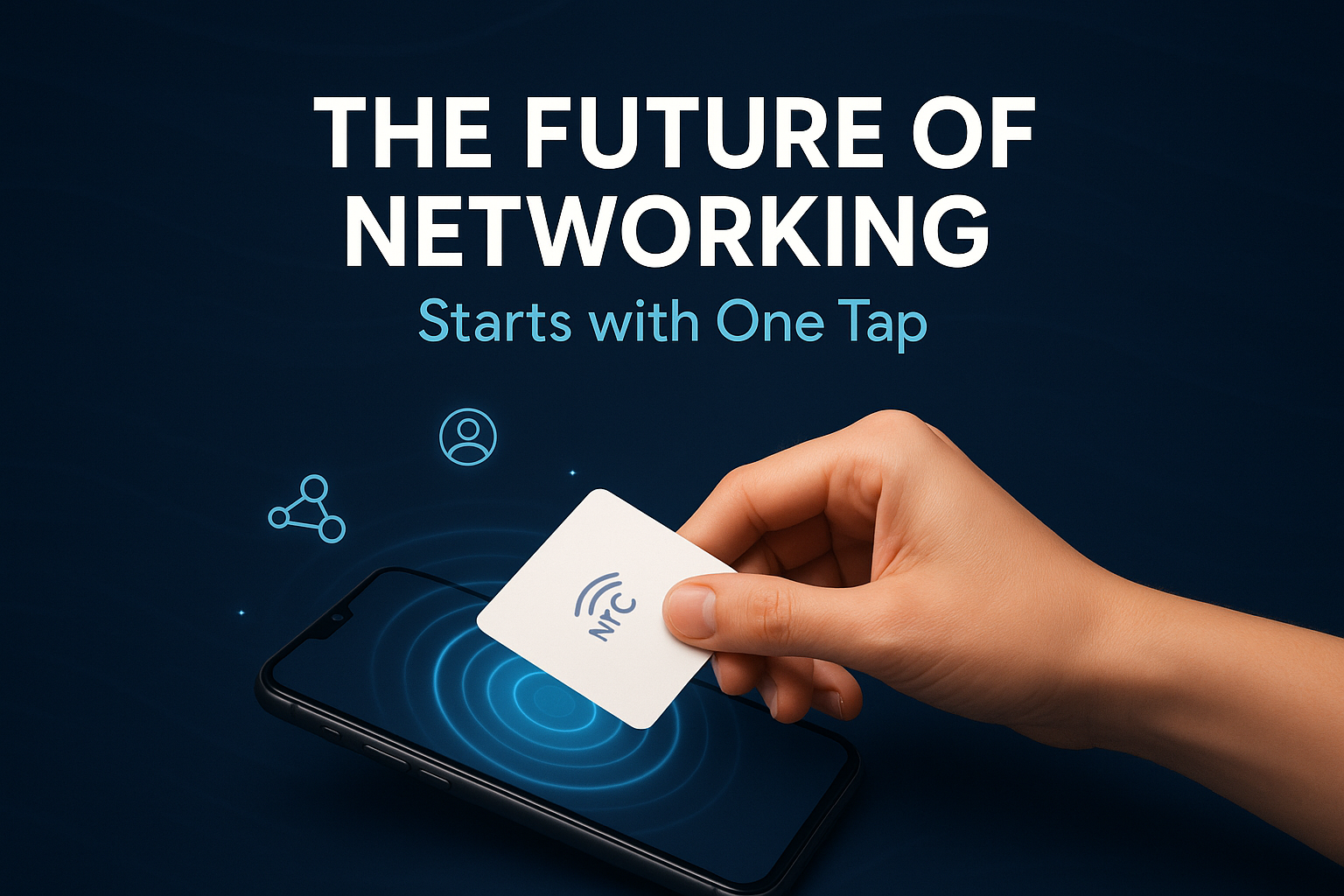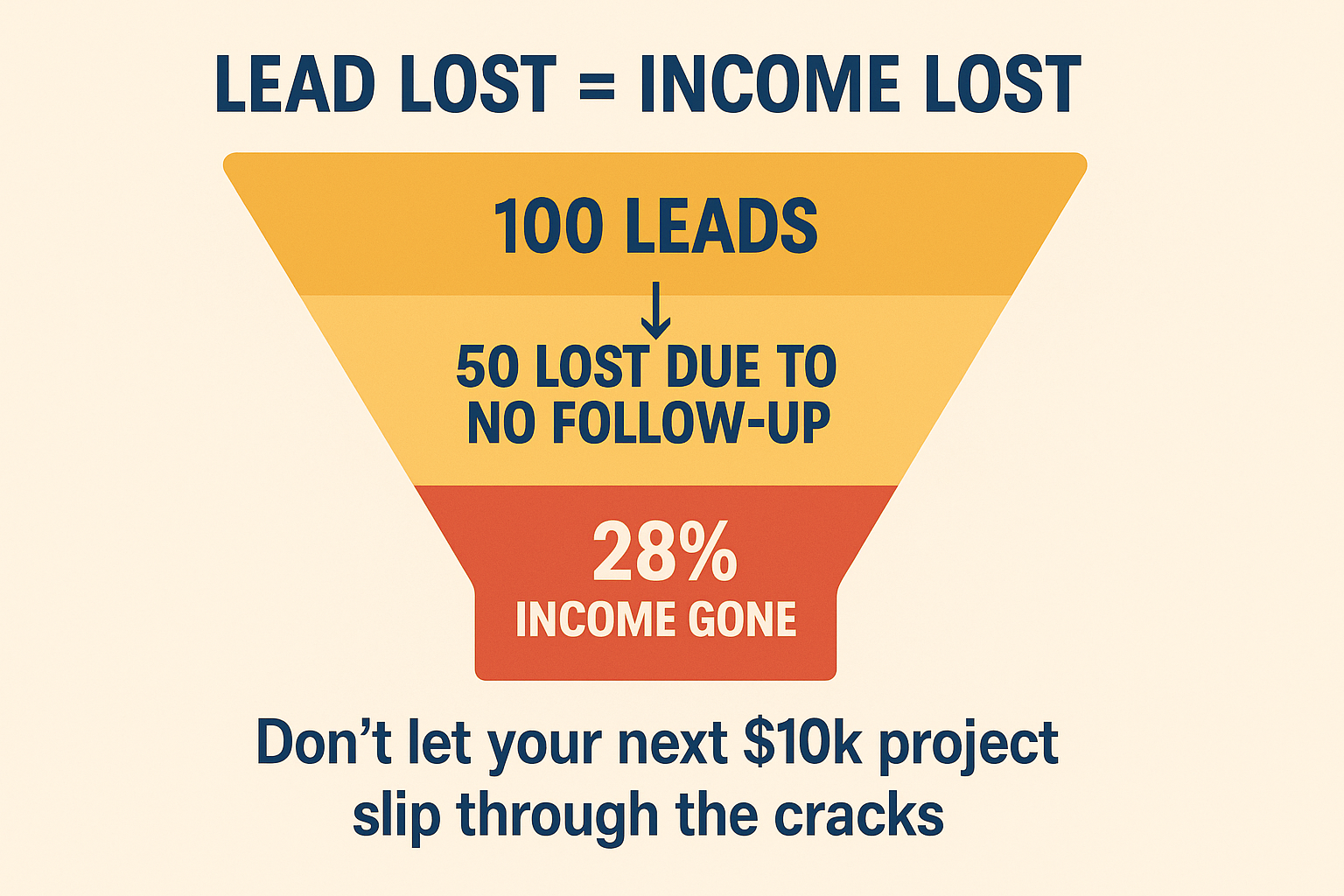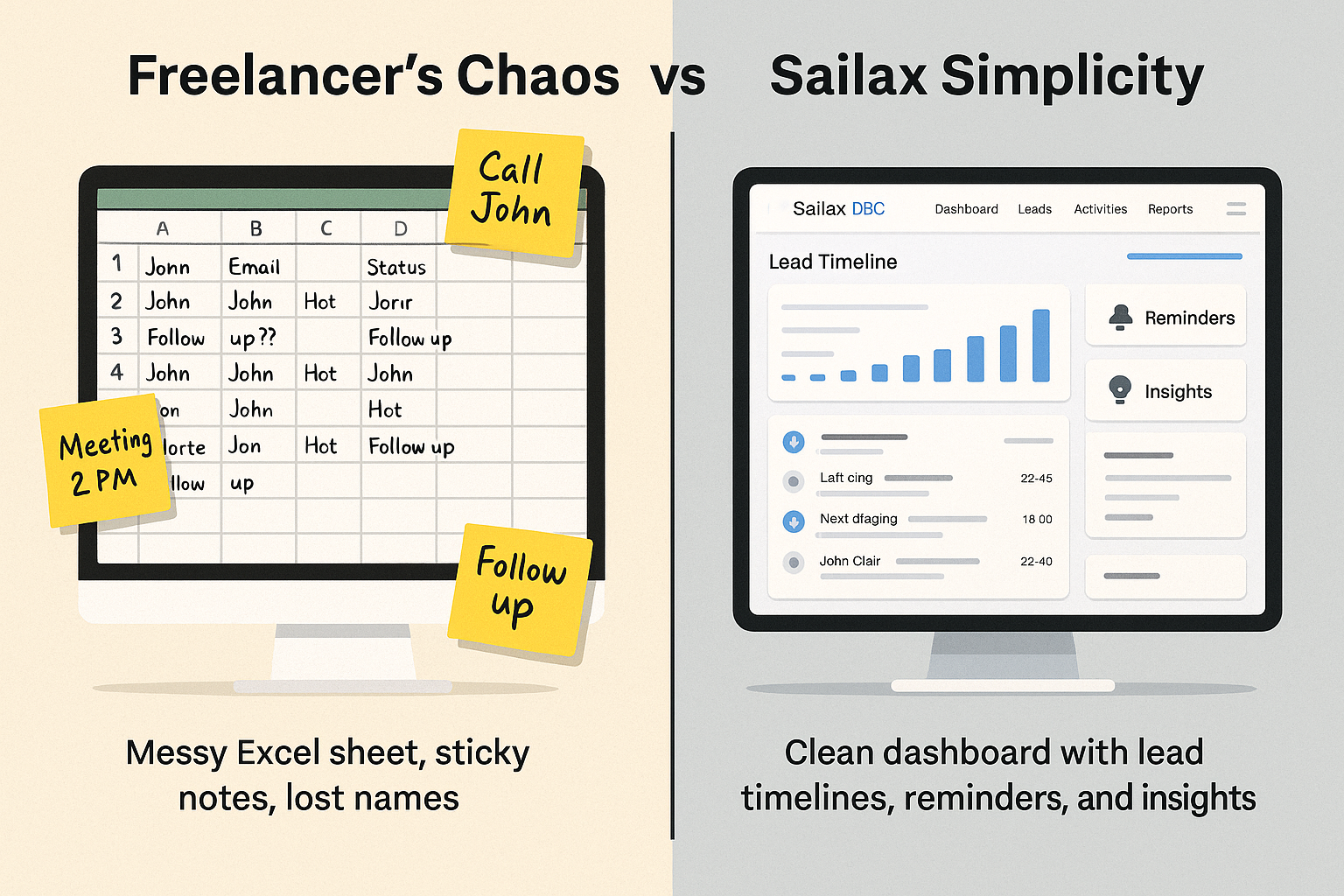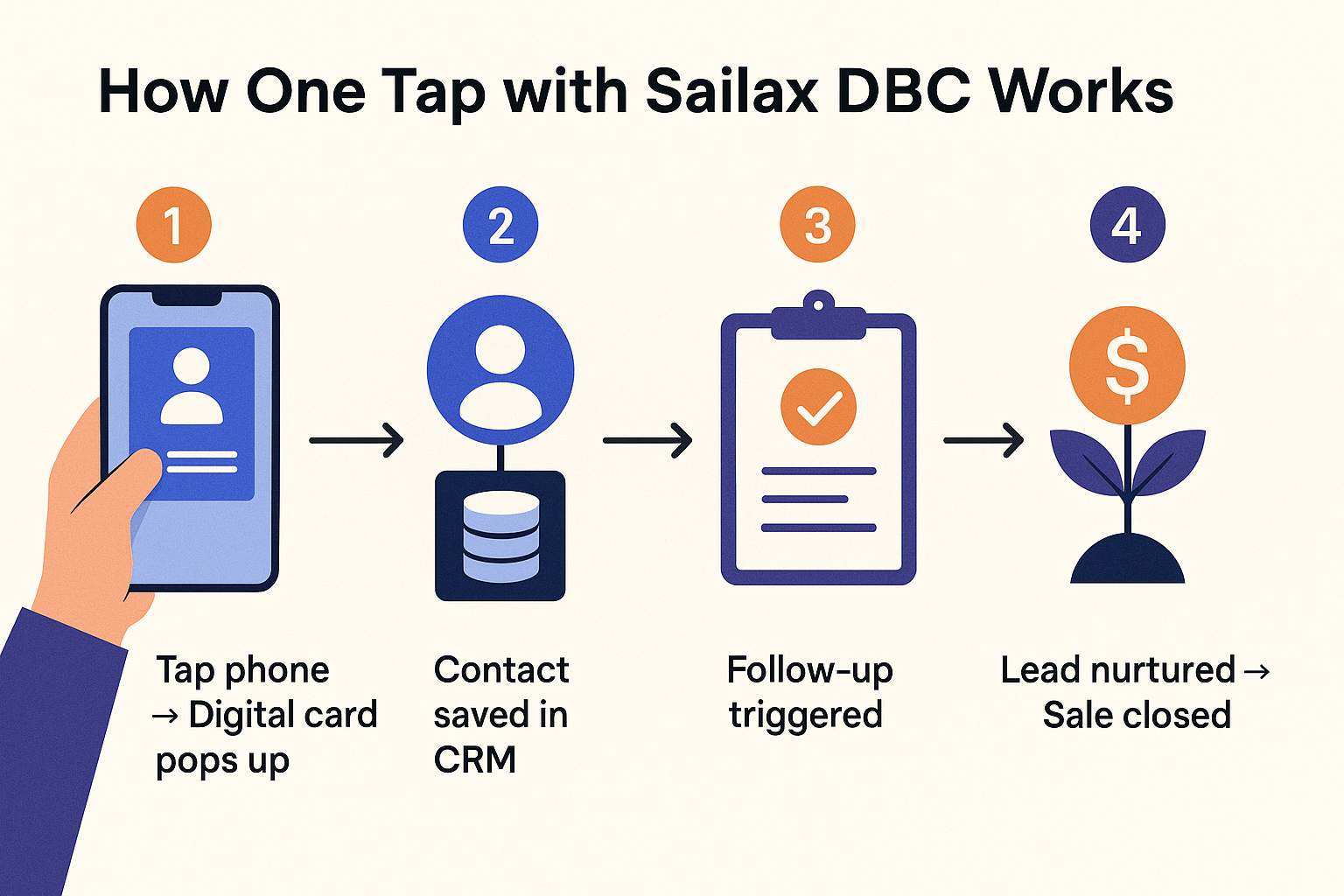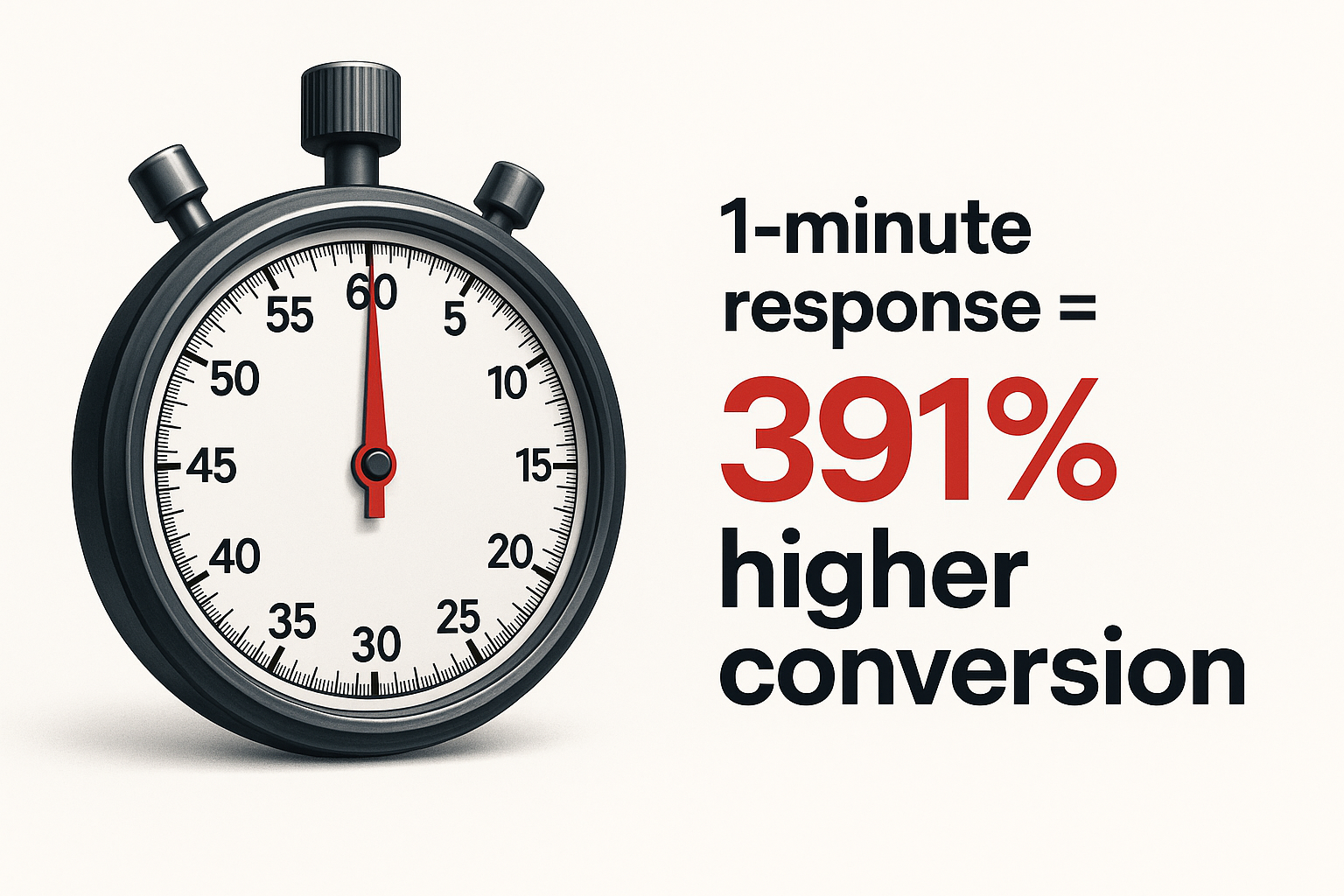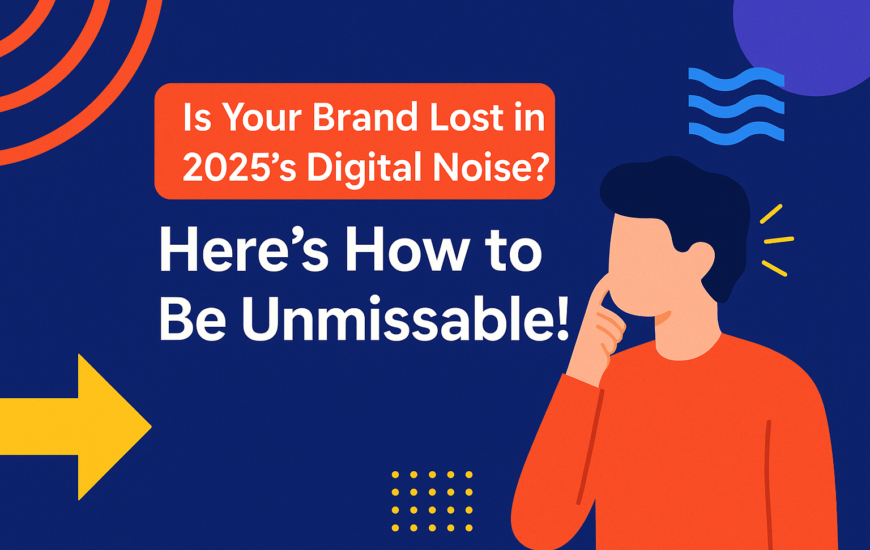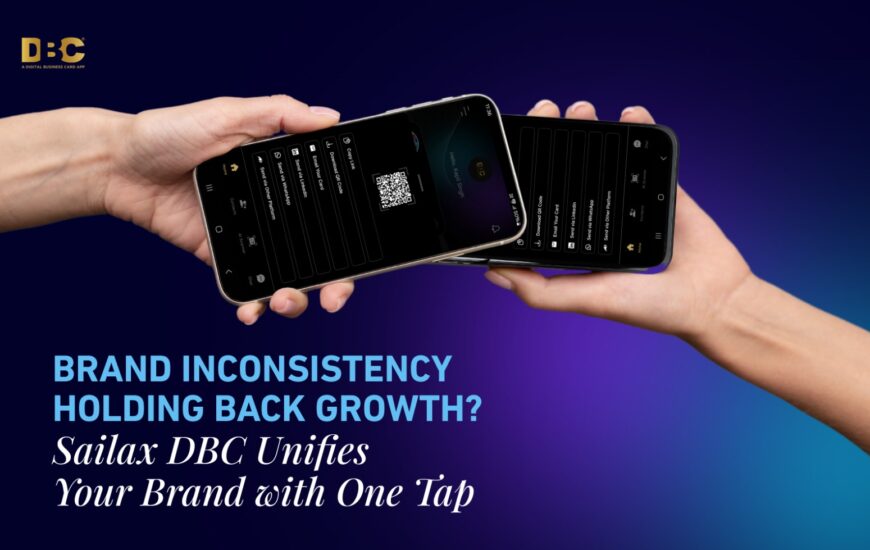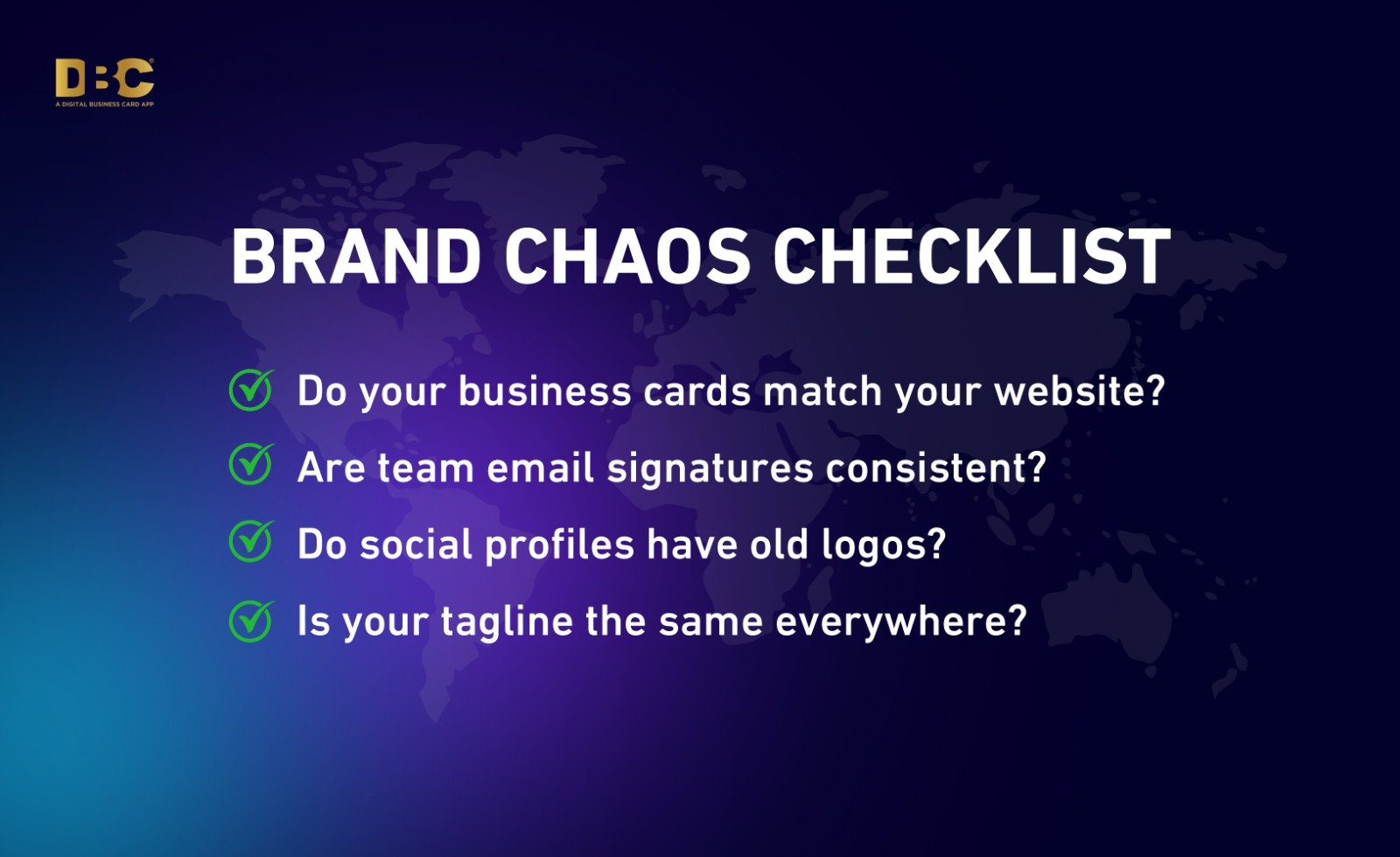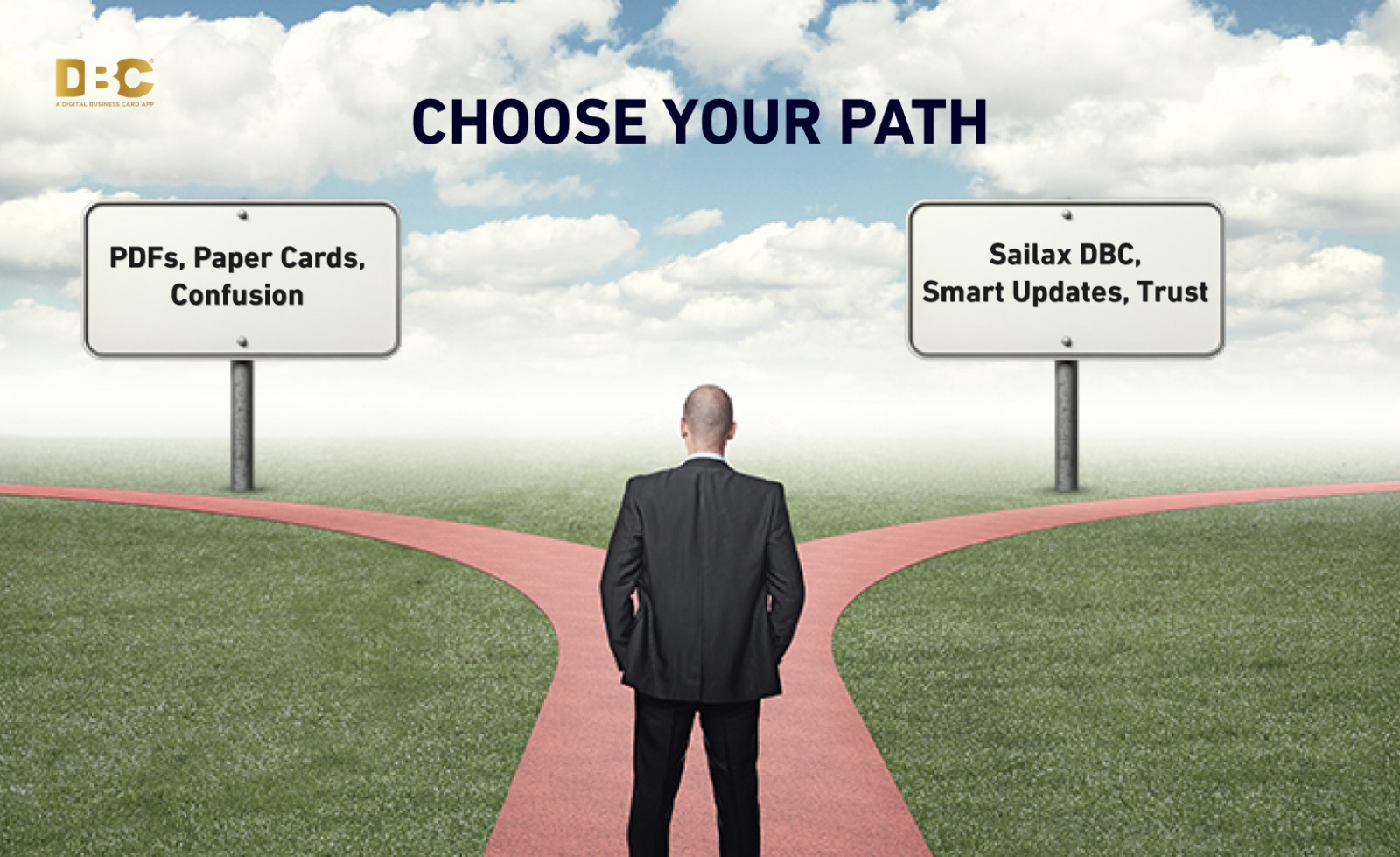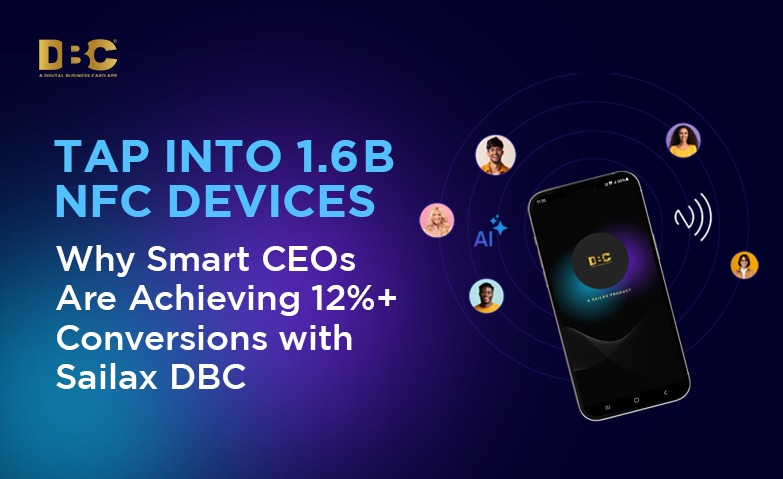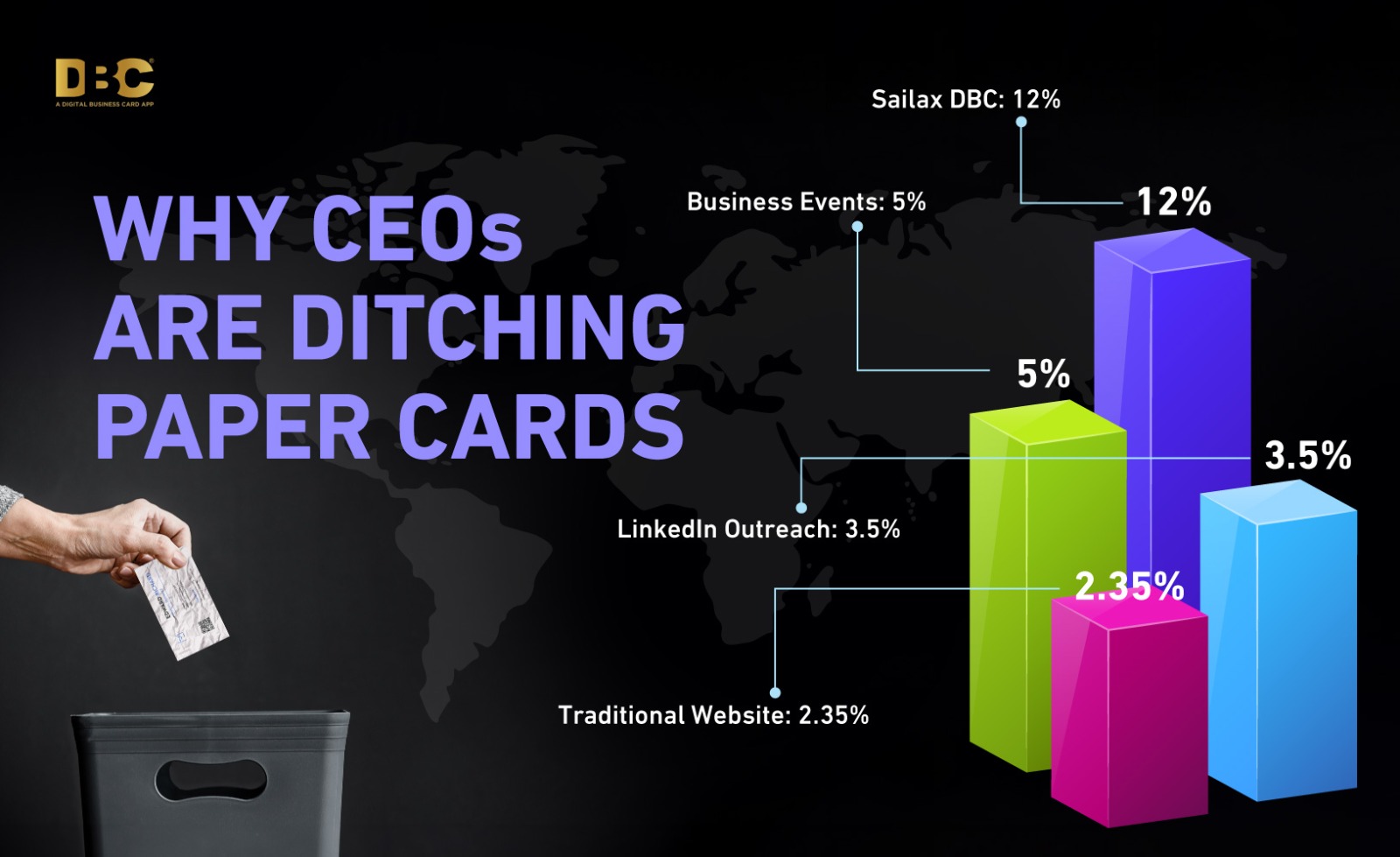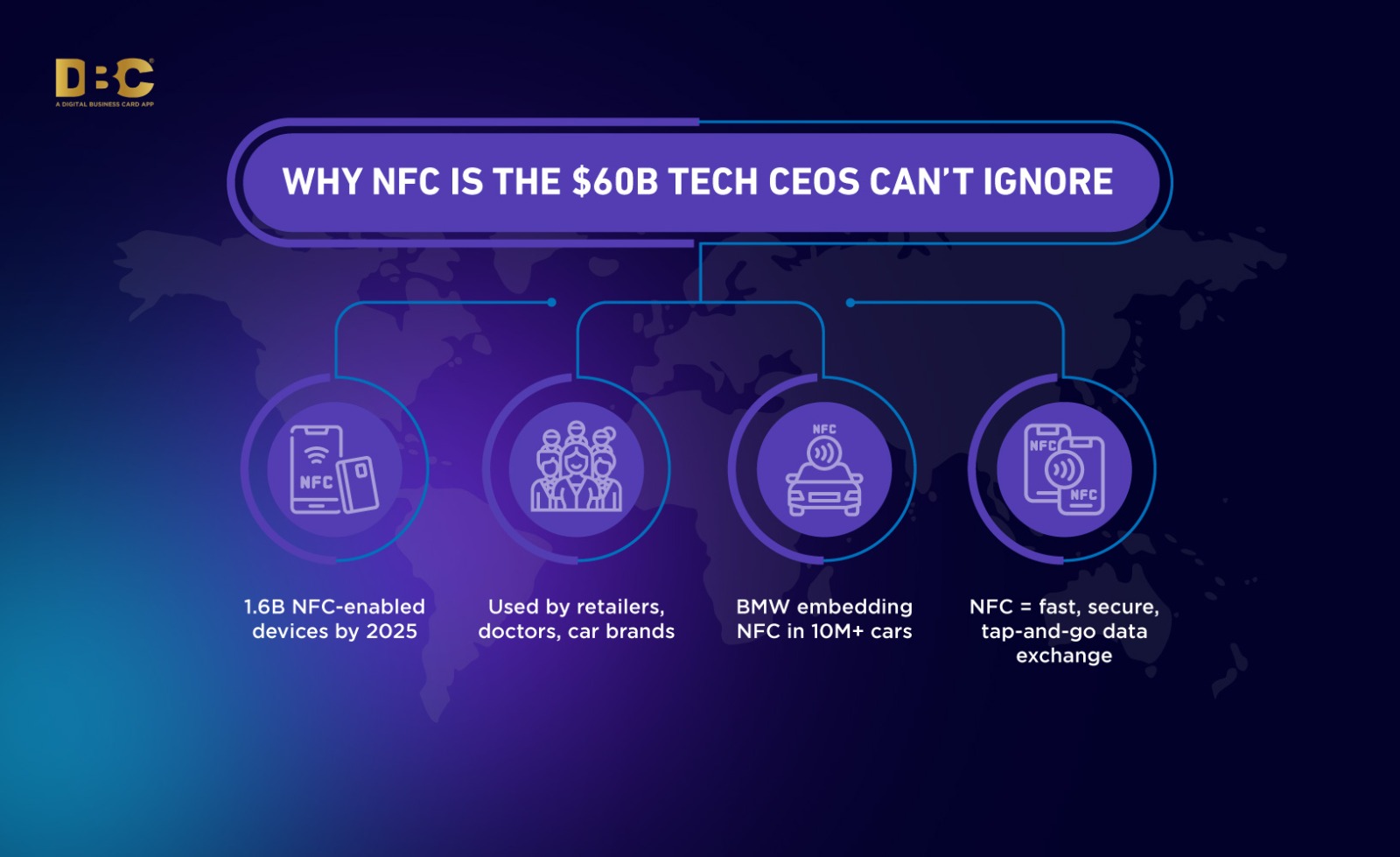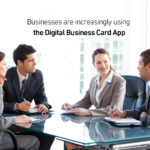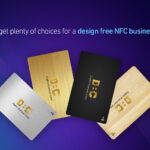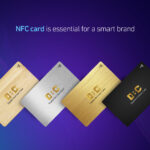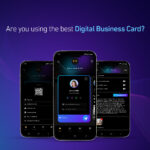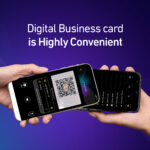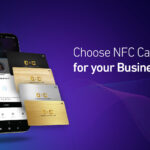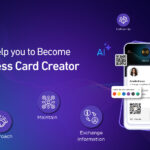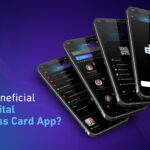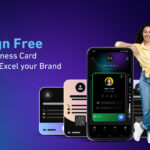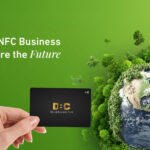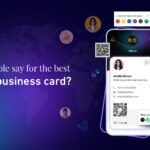Think Branded Merchandise Can’t Boost Productivity? Think Again
Look at that company mug sitting on your desk. The one with the chipped logo. The one holding pens now, not coffee. We both know the truth: Most corporate merchandise is forgettable. Fast.
But here’s the kicker: It’s not just forgettable, it’s a missed opportunity for real impact.
PPAI Research says 83% of people remember the brand on promo gear, but only 21% actually use it daily.
Why? Because handing someone a t-shirt doesn’t make them better at their job. A stress ball won’t help them network smarter. And in 2024? Hybrid work, digital-first connections, and eco-conscious teams deserve better than landfill-bound freebies.
What if your “swag” could actually…
→ Save your team time?
→ Make them look razor-sharp in meetings?
→ Even boost how they feel about representing your brand?
Meet Sailax DBC.
It’s not just a digital business card.
It’s your logo turned into a productivity tool people choose to use.
The Awkward Truth About Your Welcome Kit Strategy (Let’s Get Real)
We’ve all been there. Unboxing that “welcome kit” full of:
- The branded water bottle (you already own 3)
- The USB stick (feels sketchy to actually use)
- The “motivational” notebook (that ends up as a coaster)
Here’s why this hurts more than you think:
- Zero Productivity Payoff: Does that tote bag help Anna close deals faster? Nope. Does that pen help Mark code better? Nah. It’s swag, not support.
- “Innovation”? Where? Giving out stuff that hasn’t changed since 1995 whispers: “We’re not keeping up.” Not the vibe for attracting top talent.
- The Eco-Guilt: Let’s be honest, most promo merch is future trash. Plastic, cheap fabric, toxic ink. Is that what you want your brand associated with?
Your team isn’t asking for more stuff.
They’re asking for tools that make them feel capable, connected, and proud.
Sailax DBC: The Upgrade Your Team Will Thank You For
Picture this:
Sarah meets a huge client. Instead of:
➔ Fumbling for paper cards (“Wait, is this your new title?”)
➔ Typing emails into phones (typos included!)
➔ Awkwardly connecting on LinkedIn later (“Was it Dave or David?”)
She taps her sleek Sailax card on their phone. Boom. Her contact, role, LinkedIn, portfolio, and your company website appear instantly. No apps. No typos. Just pure, silent “wow.”
Why Sailax DBC isn’t just “another card” in your welcome kit?
| Feature | What it Means For Your Team |
| NFC Tap Magic | Share everything with 1 touch. Feels like a superpower |
| Your Brand, Front & Center | Looks premium. Feels premium. Screams premium. |
| Secret Analytics | See which cards get tapped most |
| Seriously Sustainable | No Paper Waste. Zero Dead Trees |
“But does a card actually move the needle?”
Glad you asked.
- First Impressions = Lasting Impressions:
“You brought a… card? That taps? Cool!”
Instant credibility. Instant “innovator” status. No more scribbled emails on napkins.
- Time Saved = Sanity Saved:
Think about:
→ Manually typing contacts
→ Syncing LinkedIn
- Updating CRMs
Sailax DBC automates it. That’s hours back per employee every month. Real hours for real work.
- Pride > Pizza Parties:
Custom Ink found 81% of employees feel more connected to companies that gift high-quality branded items.
Now imagine gifting something that’s both high-quality AND makes them better at their job?
Mic drop.
- Onboarding That Actually Sticks
Hand new hires this on Day 1. Suddenly:
→ They look pro from minute one.
→ They’re sharing your brand correctly.
→ They feel equipped, not overwhelmed.
“But Won’t This Be a Headache to Roll Out?”
Nope. And here’s why:
- Order 500 cards Tuesday. Ship them Friday. Bulk = easy.
- Manage everyone’s cards from one dashboard (while sipping coffee).
- No tech PhD needed. If they can tap a transit card, they can use this.
- Syncs with your CRM? Done.
This isn’t a “tech project.”
It’s a “give your team superpowers” project.
The Real Reason to Ditch the Mug (It’s Not What You Think)

Corporate gifts should do 3 things:
- Empower the person receiving it. (Not just remind them of your logo.)
- Scream your values without saying a word. (Quality. Innovation. Sustainability.)
- Get used. Daily. (Not buried under expired protein bars.)
Sailax DBC isn’t a gift. It’s an upgrade for your employee’s confidence, team’s efficiency and brand’s reputation. Think of it as a Tesla of corporate branding: silent, powerful and makes everything look outdated.
Because Your Team Deserves More than a Mug
Let’s face it: most corporate gifts end up in drawers, forgotten and unused. But your team deserves more than that. They deserve something that’s useful, meaningful, and actually makes their workday easier.
It’s time to move beyond the gimmicks and give your employees a gift that:
- Helps them stay sharp
- Saves them time
- Makes them proud to carry your brand
Go beyond the mug. Explore Sailax DBC. where innovation meets appreciation.
(Trust us—your team and that drawer full of dusty bottles will thank you.)
